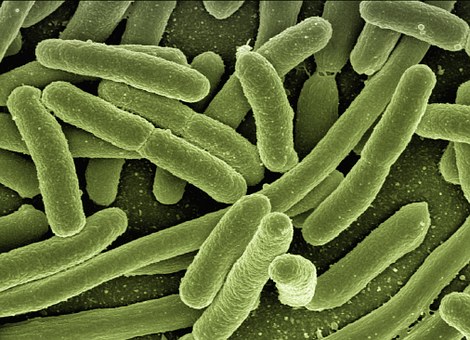Much is made of the surviving numbers of live bacteria reaching our guts, whether through food or supplements. Yes, live probiotics taking seed and growing into vigorous colonies promise to be good neighbors across the spectrum of health for humans.
But much like a life well-lived, good things can follow in the wake of even dead probiotics. Metabolites alone can be of benefit.
In certain situations, live probiotics have been linked to bacteremia or sepsis in high-risk patients, such as neonates or the elderly. In these cases then, probiotics which have been heat-killed (called modified) may be preferable.
Researchers recently surveyed the literature to get a handle on exactly how beneficial these substances may be.
Colleagues from Faculty of Medicine and Dentistry, University of Alberta in Canada and University of Washington Medical Center in Seattle, USA searched numerous databases from inception to February 14, 2017 for randomized controlled trials involving modified probiotic strains: Is there a role for modified probiotics as beneficial microbes: a systematic review of the literature appeared in Beneficial Microbes online September 2017.
Of a total of 40 trials, 14 trials were included for the prevention of diseases and 26 trials for treatment.
Results
- Modified microbes were not more or less effective than the living probiotic in 86% of the preventive trials and 69% of the treatment trials.
- Modified microbes were more effective in 15% of the treatment trials.
The Future
As always, such a large survey spanning decades turns up minimal consistency in strains, dosing and duration, making concrete conclusions impossible.
Still the concept is based in good science and the use of modified probiotics in medicine will continue to be an exciting area of study.
“Further research may illuminate other strains of modified probiotics that may have potential as clinical biotherapeutics.”

